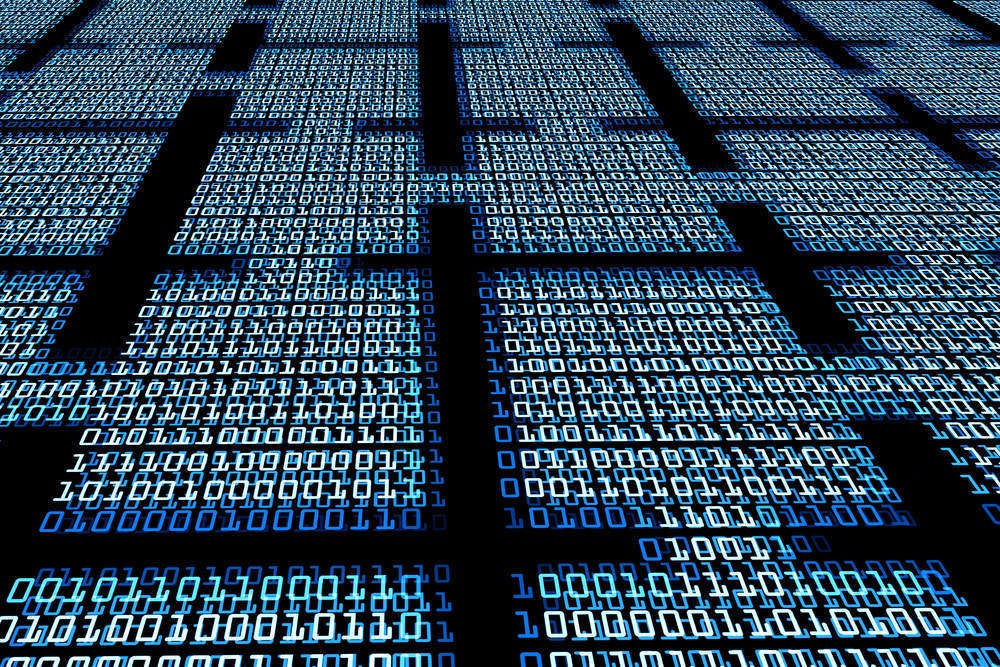While cryptocurrencies have soared in value in recent months, ground-breaking developments in other blockchain applications have slipped by almost unnoticed.
Blockchain technology will enable consumers to make more informed decisions when purchasing groceries, reduce food waste, and has the potential to halt the spread of illness by contamination and save millions of lives.
A blockchain is a publicly shared, transparent, decentralised ledger for recording the history of transactions within a system.
Data can only be added to the ledger, the historical data is unalterable, and the integrity of the data is achieved by consensus among distributed parties, rather than a central administrator.
The verification process is randomised which means that no one participant can force a particular entry onto the blockchain without the agreement of others.
Tackling the issues concerning food safety is pertinent to everyone, regardless of background, financial status or geographical location.
How well do you really know your competitors?
Access the most comprehensive Company Profiles on the market, powered by GlobalData. Save hours of research. Gain competitive edge.

Thank you!
Your download email will arrive shortly
Not ready to buy yet? Download a free sample
We are confident about the unique quality of our Company Profiles. However, we want you to make the most beneficial decision for your business, so we offer a free sample that you can download by submitting the below form
By GlobalDataThe World Health Organisation estimates that one in 10 people around the world fall ill after eating contaminated food each year, resulting in 500,000 deaths.
Meanwhile, people are becoming increasingly conscious of fertilisers, pesticides, antibiotics and animal welfare when choosing which groceries to buy.
Information regarding each stage of production will be added to a decentralised database, and as the ledger is easily auditable, they will be able to gain an understanding of exactly what was required to produce goods.
Taiwanese e-commerce company OwlTing recently unveiled OwlChain, a platform based on the Ethereum blockchain network, which registers each stage of food production.
Before purchasing pork ribs, people can view the ledger that traces back to the day of the piglet’s birth, and comprises all the details of the food it consumed and the vaccines it received during rearing, along with the slaughter, processing and transport path.
Tech giant IBM, US retailer Walmart and JD.com, a Fortune Global 500 Chinese retailer, have announced a Blockchain Food Safety Alliance collaboration to improve food tracking and safety by making supply chains more transparent, traceable and accountable.
This will revolutionise both the pace at which contaminated food can be recovered and the trust that consumers place in the food they purchase.
The potency of this technology in food production was corroborated recently in a presentation by Frank Yiannas, vice president of food safety at Walmart, at the annual shareholder conference.
Using conventional methods, it took over six days to reveal the origin of a package of sliced mango. The same result was achieved in just 2.2 seconds using blockchain technology.
The greater efficiency in detecting food contamination will enable distributors to mitigate consequences of abnormalities by taking the appropriate preventative measures.
In swiftly handling issues, food safety will increase for the consumer, and it will reduce the likelihood of a producer’s reputation being tarnished by a bad batch.
Food traceability is set to soon become a standard, and it is only a matter of time before other industries follow suit and embrace blockchain technology to more effectively manage their supply chains and enable their consumers to see what is required to produce their goods.








Related Company Profiles
JD.com Inc